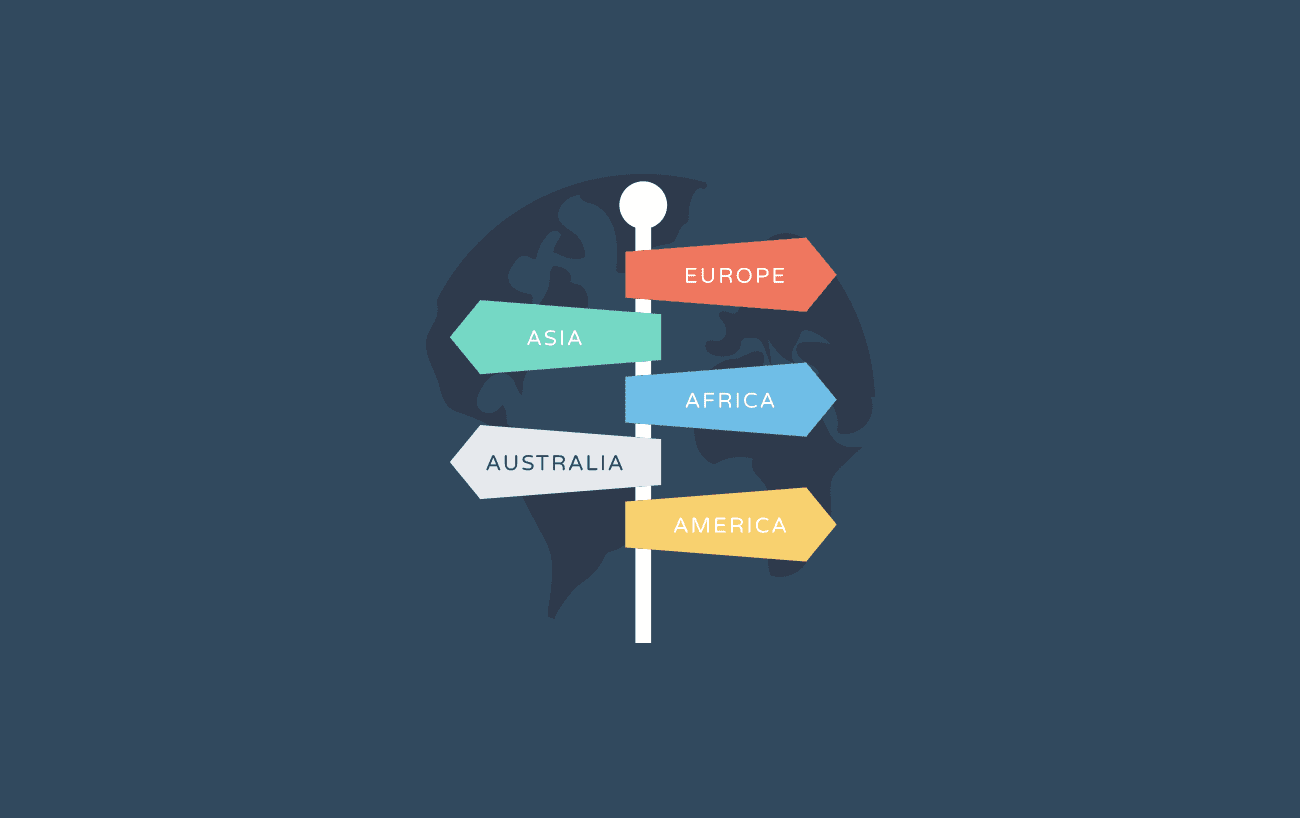Europe consists of over 50 independent countries so deciding where to base your subsidiary is a difficult decision. This article outlines some of the main factors that should be taken into consideration when taking this step.
The Life Science Sector in Europe
The top five countries in Europe based on the number of life science companies are as follows:
| Country | Number of Life Science Companies | Biotechnology | MedTech | Pharma |
| Germany | 1,645 | 980 | 582 | 83 |
| United Kingdom | 963 | 645 | 180 | 138 |
| France | 863 | 647 | 145 | 71 |
| Switzerland | 742 | 334 | 340 | 68 |
| Netherlands | 499 | 296 | 172 | 31 |
Within each of these countries, you then face the decision of where precisely to locate and there tends to be concentrations of life science companies in particular areas; generally near skilled workforces, higher education, logistics and support networks which can play a role in attracting funding sources:
- In France the main areas are the Paris Region (Sanofi, Baxter, Novartis), and the Lyon Region in the south east (Sanofi, Merial, Genzyme).
- In Germany, the two main clusters are Berlin-Brandenburg Capital Region, (Teva Deutschland, Parexel) and the Munich / Bavaria Biotech Cluster (Clariant, Covance). The Berlin-Brandenburg Capital Region has nine life sciences focused technology parks, the highest in Germany, whilst the Munich / Bavaria Biotech Cluster accounts for around 90% of the biotechnology market in Germany.
- The Netherlands has strong clusters in Amsterdam (Syntrus Achema), Eindhoven (Philips, IBM, Intel), Leiden (Welch Allyn) and Utrecht (Merus Biopharmaceuticals and Genmab).
- Switzerland has three centres of life science; Basel (Novartis, Roche), Zurich and Geneva
- The UK has a “Golden Triangle” formed by an area between the three cities of London, Oxford and Cambridge and include Amgen, Takeda and GSK.
Taxes and Regulation
Of all European countries, those with the lowest corporation tax include Estonia, Montenegro, Albania and Bosnia & Herzegovina but these do not have the ideal climate for life sciences as listed above.
Of the countries focused on above, key taxes include:
| Country | Corporate Tax Rate | Maximum income tax rate | Standard VAT rate |
| Germany | 30.175%-33.325% | 45% | 19% |
| United Kingdom | 20% | 45% | 20% |
| France | 33.3% | 49% | 21% |
| Switzerland | 25% | 45.5% | 8% |
| Netherlands | 25% | 52% | 20% |
The UK has a corporate tax rate of 20% which is the lowest in the G7 group of seven leading economies and joint lowest in the G20. Other countries in the G20 and Europe include Germany, Italy and France.
The UK plans to continue cutting corporation tax with the UK government this summer announcing a reduction in corporation main tax rate to 19% from April 2017-19 and then a further drop to 18% from 2020 onwards, making it a favourable option for companies planning to relocate in the next 3 years.
France and the Netherlands offer discounted corporation tax for SMEs; 15% and 20% respectively for profits up to EUR 38,120 in France and EUR 200,000 in the Netherlands, again making them both attractive options for starting up.
The maximum income tax rate is relatively similar for all five companies with France (49%) and the Netherlands (52%) the highest.
Value added Tax or VAT is like a sales tax in that ultimately only the end customer is taxed. Again the VATs are relatively similar apart from Switzerland which has a very low VAT rate of just 8%.
Language
It seems so obvious that it is almost unnecessary to say it; but when setting up a subsidiary there are a large number of laws and regulations that need to be adhered to. It may therefore be easier to set up your office in the country which speaks your mother tongue.
Also bear in mind that if you choose a country where their language is different to your own then it will often be easier to sell to its inhabitants in their local language; therefore you may need to hire staff who speak the local language as well as consider translation of your website, product packaging and pack insert.
Ease of Doing Business
In the latest World Bank report on which countries in the world are the easiest to do business in, Denmark is the highest European country in 4th position. Factors considered in this report include how easily a business can be started and closed, the efficiency with which contracts are enforced and ease of importing and exporting amongst other reasons that make each country easy to do business.
If we look just at our key focus countries, the ranking is as follows:
- UK (8th in world)
- Germany (14th)
- Switzerland (20th)
- Netherlands (27th)
- France (31st)
Download a copy of the full report here.
Limited Companies
Whilst Germany has seemed like one of the hottest contenders so far, if there is a small chink in their armor it is that in order to set up in Germany as the equivalent to a limited company (GmbH) you are required to have a minimum capital set up of €25,000. Compared to the UK, France, Netherlands and Switzerland where no capital requirements are enforced this may put off some companies.
Whilst there are other cheaper ways to set up in Germany there does tend to be a negative perception of companies that do not set up as a GmbH and gives the perception that perhaps they were not able to afford the up-front fee.
Summary
There are of course many other factors that need to be weighed up when making such a significant strategic decision as this, and I would highly recommend two papers: Site Selection for Life Sciences Companies by KPMG and 2014 Global Life Sciences Report by JLL.
Whether you are considering setting up a subsidiary in the UK or elsewhere, please do contact ReagentHub for more information and support around getting started. We provide bespoke reports on setting up in Europe (by country) and can offer a service to manage this process for you.




